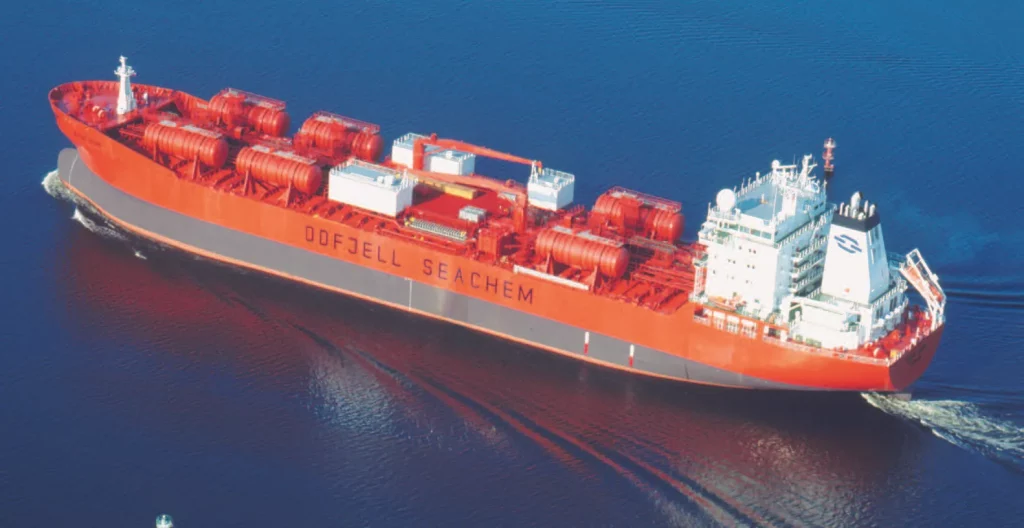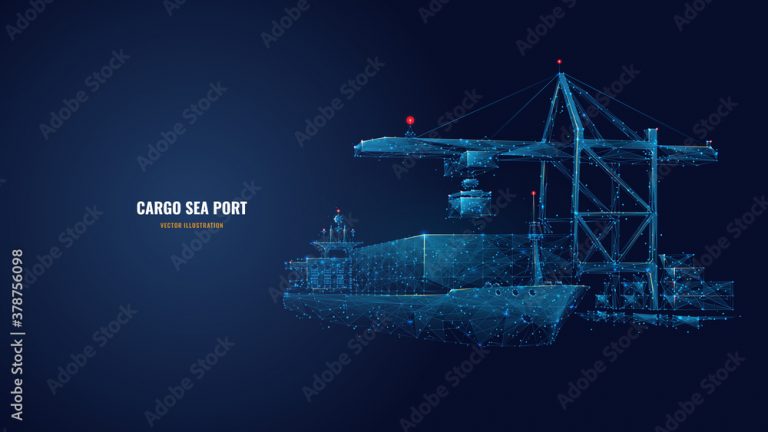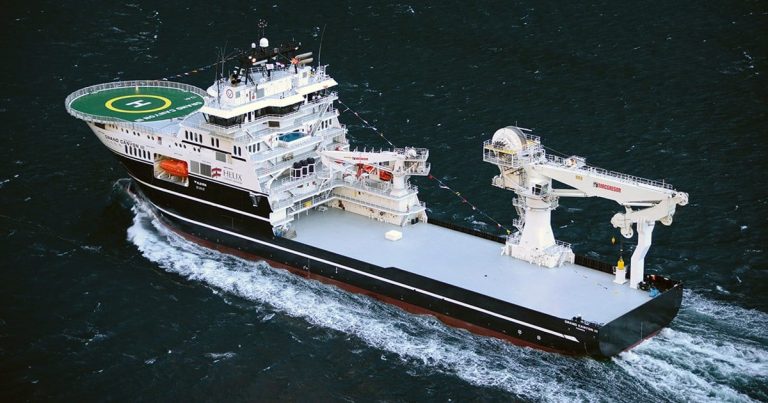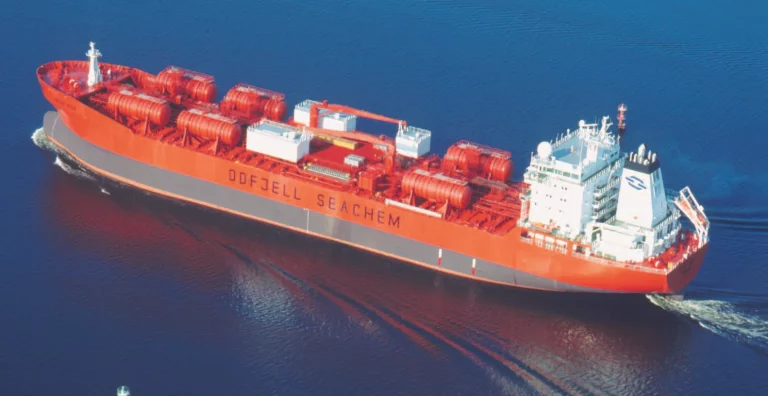
Chemical Tankers
Chemical tankers are specialized vessels designed to transport liquid chemicals in bulk.1 These ships play a crucial role in the global supply chain, enabling the movement of essential chemicals for various industries, including agriculture, manufacturing, and pharmaceuticals.2
Types of Chemical Tankers
- Stainless Steel Tankers:
- Constructed from stainless steel, making them suitable for transporting a wide range of chemicals, including corrosive and reactive substances.3
- Coated Tankers:
- Tankers with specialized coatings to protect the hull and cargo from corrosion and contamination.4
- Pressure Tankers:
- Designed to transport liquefied gases and other high-pressure chemicals.
Key Features of Chemical Tankers
- Cargo Tanks: Large, insulated tanks designed to store and transport various chemicals.
- Pumping Systems: Powerful pumps for loading, unloading, and transferring cargo.
- Cleaning Systems: Advanced cleaning systems to ensure the purity of the cargo.
- Safety Equipment: Specialized safety equipment to prevent accidents and spills.
- Crew Accommodations: Comfortable living quarters for the ship’s crew.
Challenges Faced by Chemical Tankers
- Corrosion: Chemical tankers are exposed to corrosive substances, which can damage the hull and tanks.5
- Safety Risks: The transportation of hazardous chemicals poses significant safety risks.6
- Environmental Impact: Oil spills and chemical leaks can have devastating environmental consequences.7
- Regulatory Compliance: Adherence to strict international regulations and standards for the transportation of hazardous materials.8
The Future of Chemical Tankers
As the global demand for chemicals continues to grow, the importance of chemical tankers will remain significant. Technological advancements, such as the development of new materials and advanced safety systems, are expected to enhance the efficiency and safety of chemical tanker operations.9
Would you like to learn more about a specific type of chemical tanker or the challenges faced by the shipping industry?



